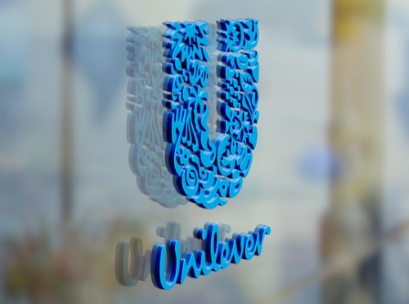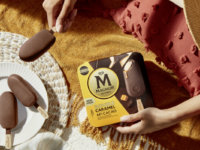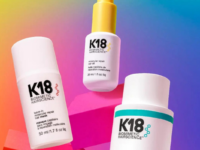Global FMCG giant Unilever has declared that it will ensure half of the start-ups it works with are female founded by 2023, amid a global push to bolster its gender diversity credentials.
The commitment was made on the same day that Unilever Australia and New Zealand received a citation by the Workplace Gender Equality Agency as an employer of choice in 2017-18.
Unilever’s corporate social responsibility arm has partnered with the UN Women and its Global Innovation Coalition for Change (GICC) on the start-up commitment, which it says should address gender imbalance among SMEs.
Unilever research has gound that only 17 per cent of start-ups are founded by women globally, while 39 per cent of those founders said they frequently encounter sexism while running their businesses. Unilever did not say what percentage of the start-ups it currently works with are female-founded, but Aline Santos, Unilever’s executive vice president, global Marketing and head of Diversity and inclusion, said that the change would drive better commercial outcomes.
“We know that when we embrace diversity and inclusion in larger organisations like Unilever, we unleash the best in creativity, ideas and innovation – it’s business critical for us,” she said.
In a statement related to its citation as an employer of choice, Unilever ANZ’s CEO Clive Stiff concurred. Unilever Australia and New Zealand (ANZ) was recently recognised as a leader in workplace gender equality. The multinational giant said in a statement the Workplace Gender Equality Agency (WGEA) released the list of 2017-18 WGEA Employer of Choice for Gender Equality (EOCGE) citation holders.
“The citation is a reflection of our progress in driving change in our own organisation, as well as playing a key leadership role to promote gender equality across the industry and in the wider community,” Stiff said. “Empowering women is not only the right thing to do, but also makes good business sense. In fact, over 70% of our consumers globally are female and we want to build an organisation that reflects and understands the needs of the people who buy our products.”
The citation recognises employer commitment and best practice in promoting gender equality in Australian workplaces. Particular focus areas include leadership, learning and development, gender remuneration gaps, flexible working and other initiatives to support family responsibilities, employee consultation, preventing sex-based harassment and discrimination, and targets for improving gender equality outcomes.

















